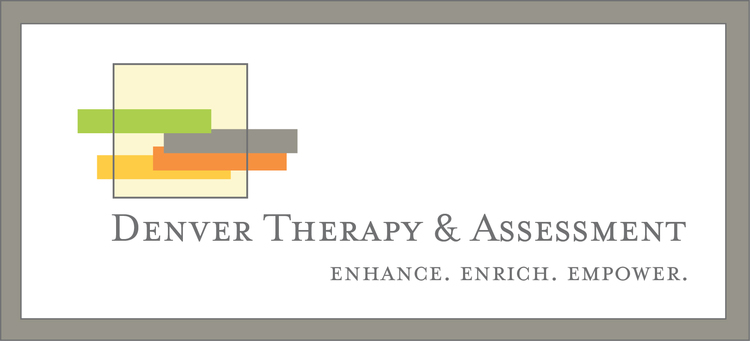Research has consistently demonstrated the importance of early intervention in the treatment of Dyslexia. Dyslexia is the most common learning disorder, but many teachers and schools struggle to identify it early enough that kids can receive the reading help they so badly need. This can be because teachers lack specific education in identifying Dyslexia, language defining Dyslexia can vary from state to state, etc. Getting students the right help can also be complicated by some schools' approach to intervention that requires a child fail before qualifying for an Individualized Education Plan (IEP). Because teachers, schools, or parents may have trouble identifying reading problems early on, some children can miss the window of time in which intervention can make the most significant impact.
What can you do if you suspect your child might have Dyslexia?
- Ask questions. It is important to be informed about what Dyslexia is and what it is not, so that you can make decisions based on the specific needs of your child. If you need education, ask for it and seek it out. Many schools have learning specialists or other support staff who are versed in the symptoms of learning disorders. There are a variety of additional resources, including books and websites that provide this education. Additionally, consult with a school psychologist or one in the community who specializes in this kind of testing; a professional can help you understand symptoms and possible warning signs.
- Advocate for your child. Ensuring that your child has access to accommodations or needed intervention requires that you work closely with his/her school and other professionals. If school resources are limited, you may need to find supports in the community.
- Seek options. Does your child need testing? A specific intervention program or tutoring? There are resources that can be found through schools and some that can be found privately; seek these resources to establish a treatment approach that is specific to your child's pattern of strengths and weaknesses.
Learn more about my practice at www.DenverTherapyAssessment.com or reach me at 720-485-4194 for questions about Dyslexia and testing.

